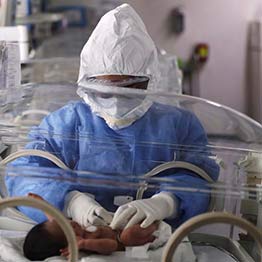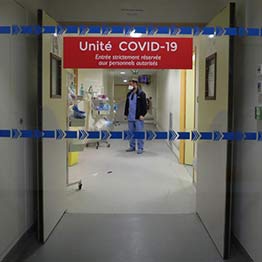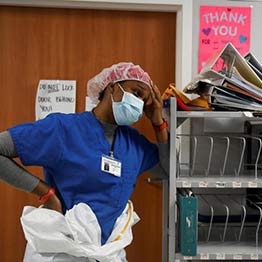Project Overview
COronavirus Vulnerabilities and INFOrmation dynamic Research and Modelling
This project has received funding from the European Union’s H2020 research & innovation programme under Grant Agreement No. 101016247.
The COVINFORM project is funded by the European Commission as a part of the Horizon2020 programme. It studies the COVID19 outbreak across Europe and its repercussions on the basic well-being of social groups whose livelihoods are already precarious, such as migrants, Travellers, people with learning disabilities. Swansea University is part of a consortium of 16 partners and leads the study in Wales. With its established Centre for Migration Policy Research, the project is supported by the existing CMPR infrastructure and substantive experience in producing top-quality academic publications and policy-recommendations on the topic of migration and health. Swansea’s inter-disciplinary team consists of Sergei Shubin and Diana Beljaars (human geography) and Louise Condon (nursing).
The project focuses on the community-based case studies to evaluate responses to COVID19 and uses cross-disciplinary approaches (social epidemiology, the sociology of migration, philosophy etc.) to explore different dimensions of vulnerability in the context of the epidemic. It will develop an online portal and visual toolkit for stakeholders in government, public health, and civil society integrating data streams, indices and indicators, maps, models, primary research and case study findings, empirically grounded policy guidance, and creative assessment tools.





